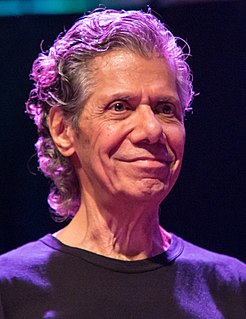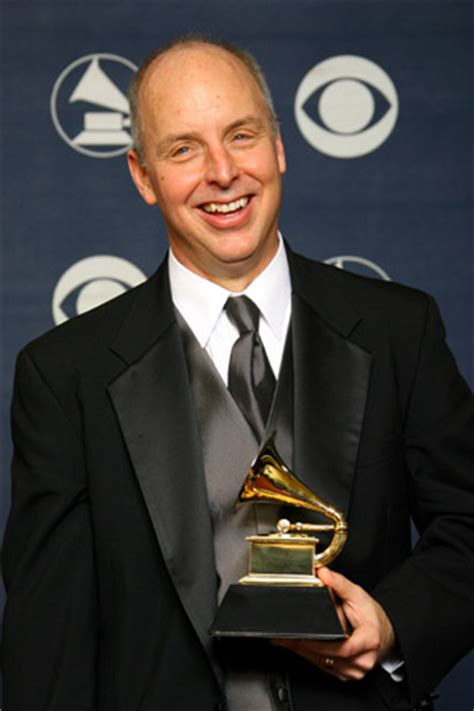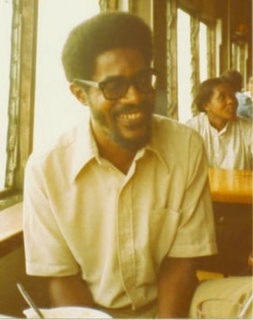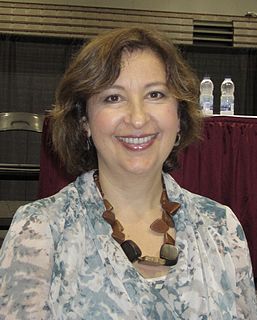A Quote by Ludwig Goransson
I traveled to a library in South Africa called ILAM (International Library of African Music), which has a collection of about 500 different instruments that don't really exist anymore.
Related Quotes
I started as an engineer. I migrated to philosophy and international politics. And I did my studies about African - Africa democracy and democratization in Africa, taking Kenya as a model. And then, while I was doing so in 1996 in South Africa, Al Jazeera was established. So they requested me to be an analyst on African affairs.
I always knew from that moment, from the time I found myself at home in that little segregated library in the South, all the way up until I walked up the steps of the New York City library, I always felt, in any town, if I can get to a library, I'll be okay. It really helped me as a child, and that never left me. So I have a special place for every library, in my heart of hearts.
I always knew from that moment, from the time I found myself at home in that little segregated library in the South, all the way up until I walked up the steps of the New York City library, I always felt, in any town, if I can get to a library, I'll be OK. It really helped me as a child, and that never left me.
Every child needs a safe place to fall - a place where he or she can explore things without worrying about failure and judgment. A library is one of those places. In a library you can learn by following your own nose, which is very different from someone telling you what you should learn. Once a kid learns a library is hers, to use as she wants, the world opens up., I've seen it happen. It happened to me.
When I was in government, the South African economy was growing at 4.5% - 5%. But then came the global financial crisis of 2008/2009, and so the global economy shrunk. That hit South Africa very hard, because then the export markets shrunk, and that includes China, which has become one of the main trade partners with South Africa. Also, the slowdown in the Chinese economy affected South Africa. The result was that during that whole period, South Africa lost something like a million jobs because of external factors.
Ethnic differences exist; of course they exist on the African continent. They are not necessarily political differences, however. They don't necessarily cause people to kill each other. They become so-called 'tribalism' when they are politicized in a particular framework. And in post-independence Africa they have been politicized largely by sections of the so-called African elite.
I am a librarian. I discovered me in the library. I went to find me in the library. Before I fell in love with libraries, I was just a six-year-old boy. The library fueled all of my curiosities, from dinosaurs to ancient Egypt. When I graduated from high school in 1938, I began going to the library three nights a week. I did this every week for almost ten years and finally, in 1947, around the time I got married, I figured I was done. So I graduated from the library when I was twenty-seven. I discovered that the library is the real school.
I feel like kids that grew up in New York City or in L.A. were exposed to all these subcultures and subgenres, whereas I was only exposed to the poppiest of pop music so I never had this negative connotation towards pop music. That's not South African music having an effect on me, but just how international music was filtered through South Africa affected me. It gave me a not-negative connotation towards pop music growing up.







































